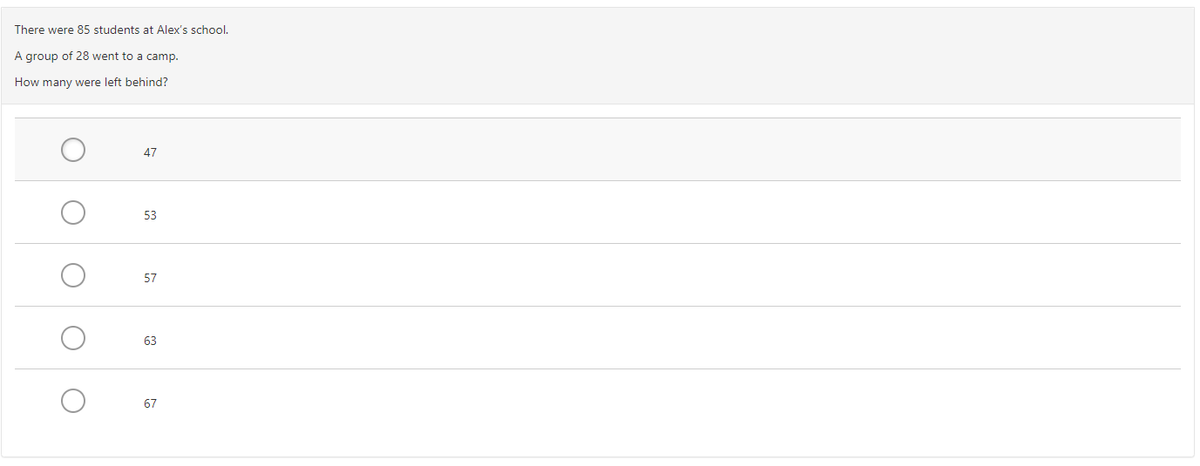PHOTO GALLERY & Classroom Learning
K - Yr 6 Snapshots

PHOTO GALLERY & Classroom Learning
K - Yr 6 Snapshots
Religion
Prayer celebration thanking God for creation and the gift of rest.

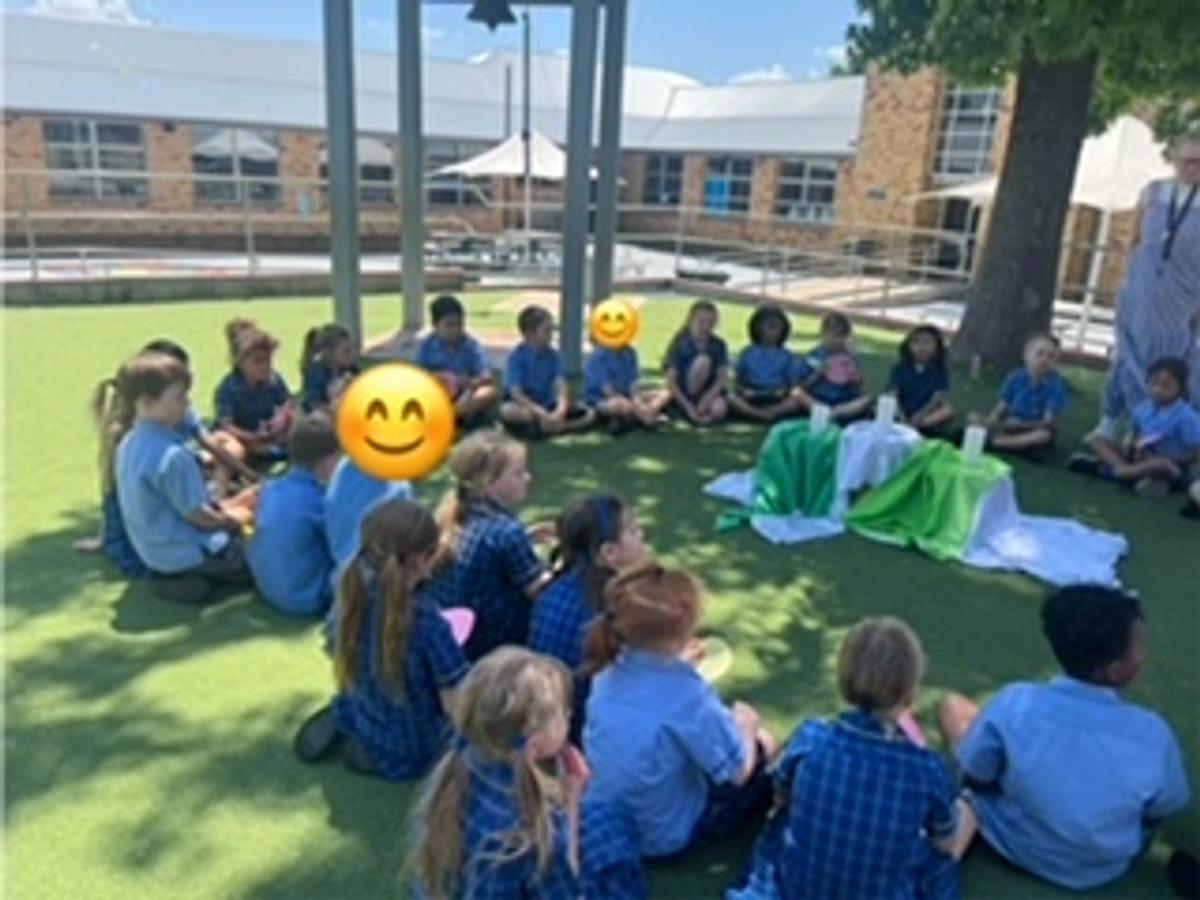


Maths
Estimating and measuring the internal volume of 3D shapes.
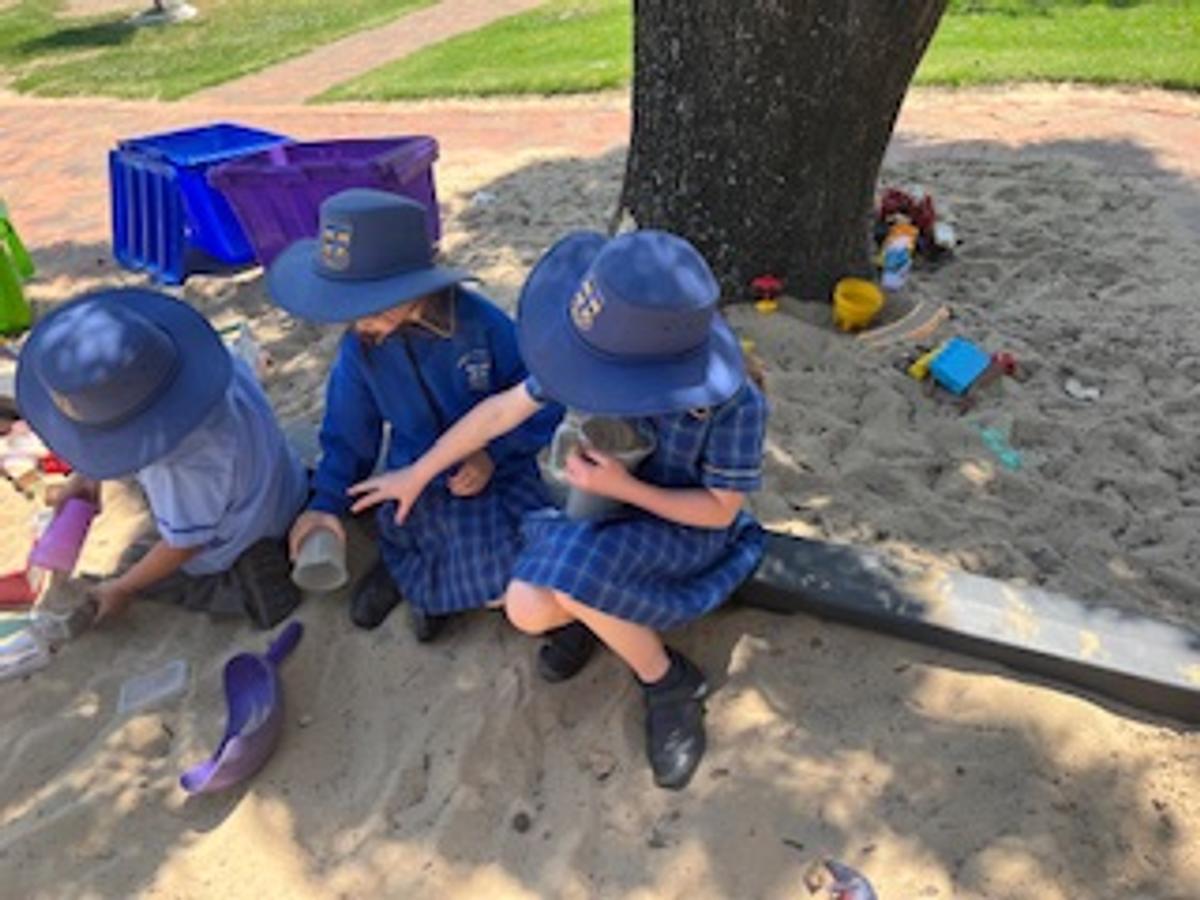

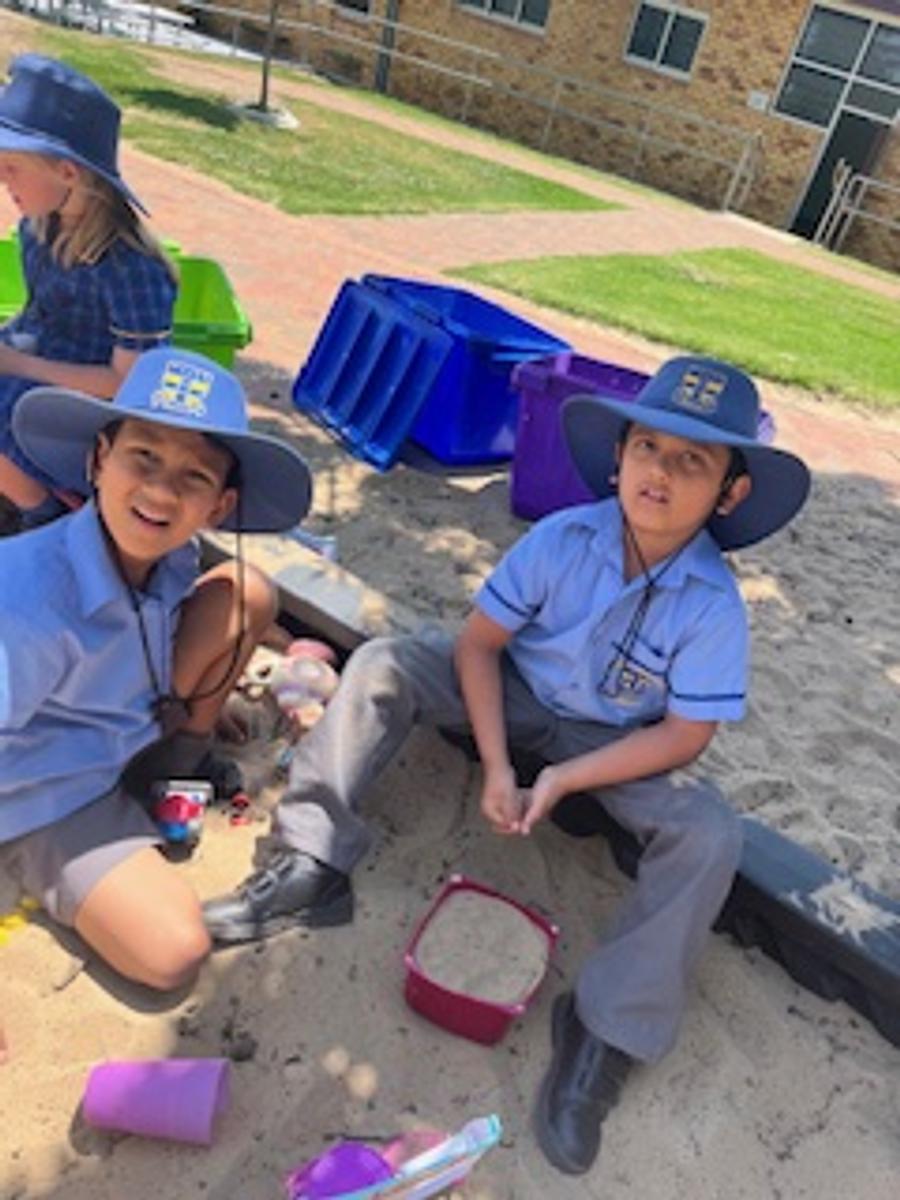





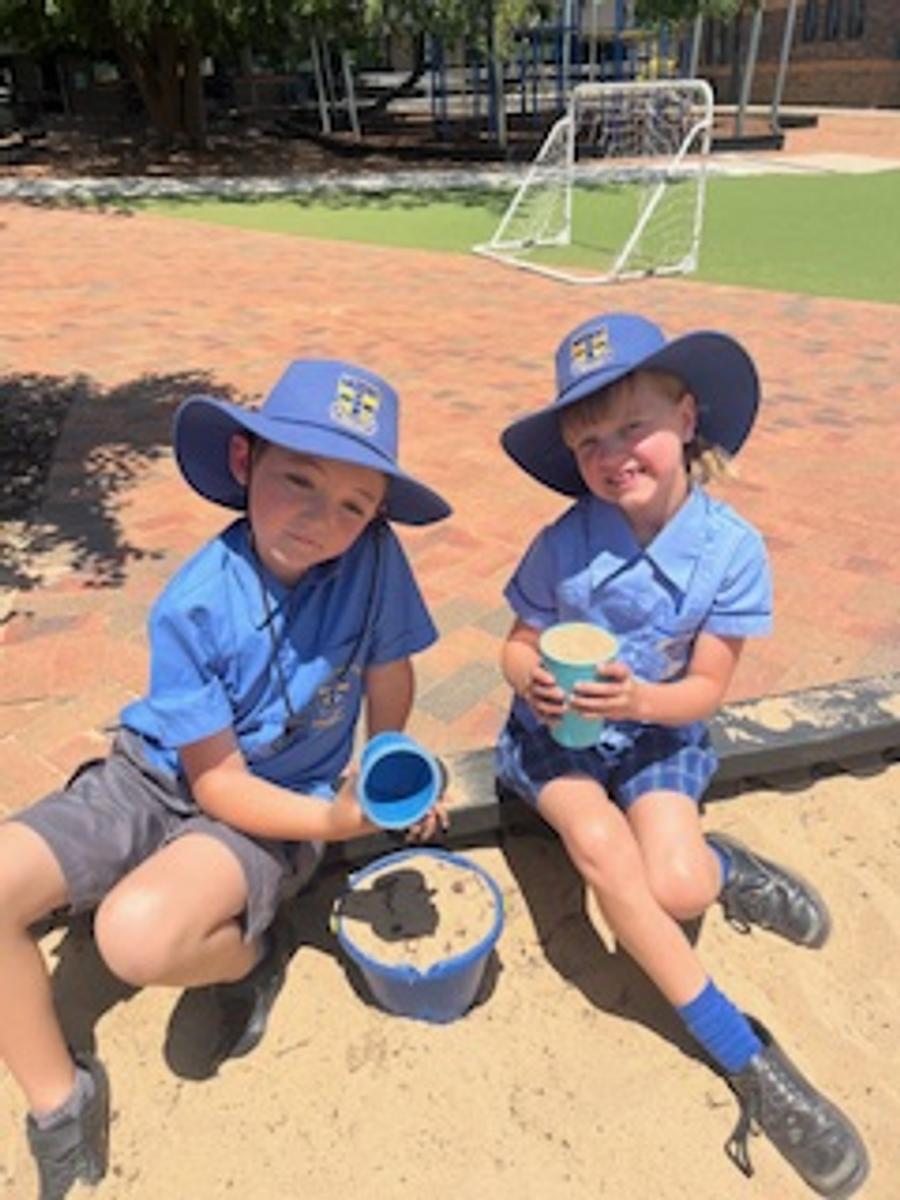











Futsal
Year 1 all had a go at playing Futsal; it was so much fun.
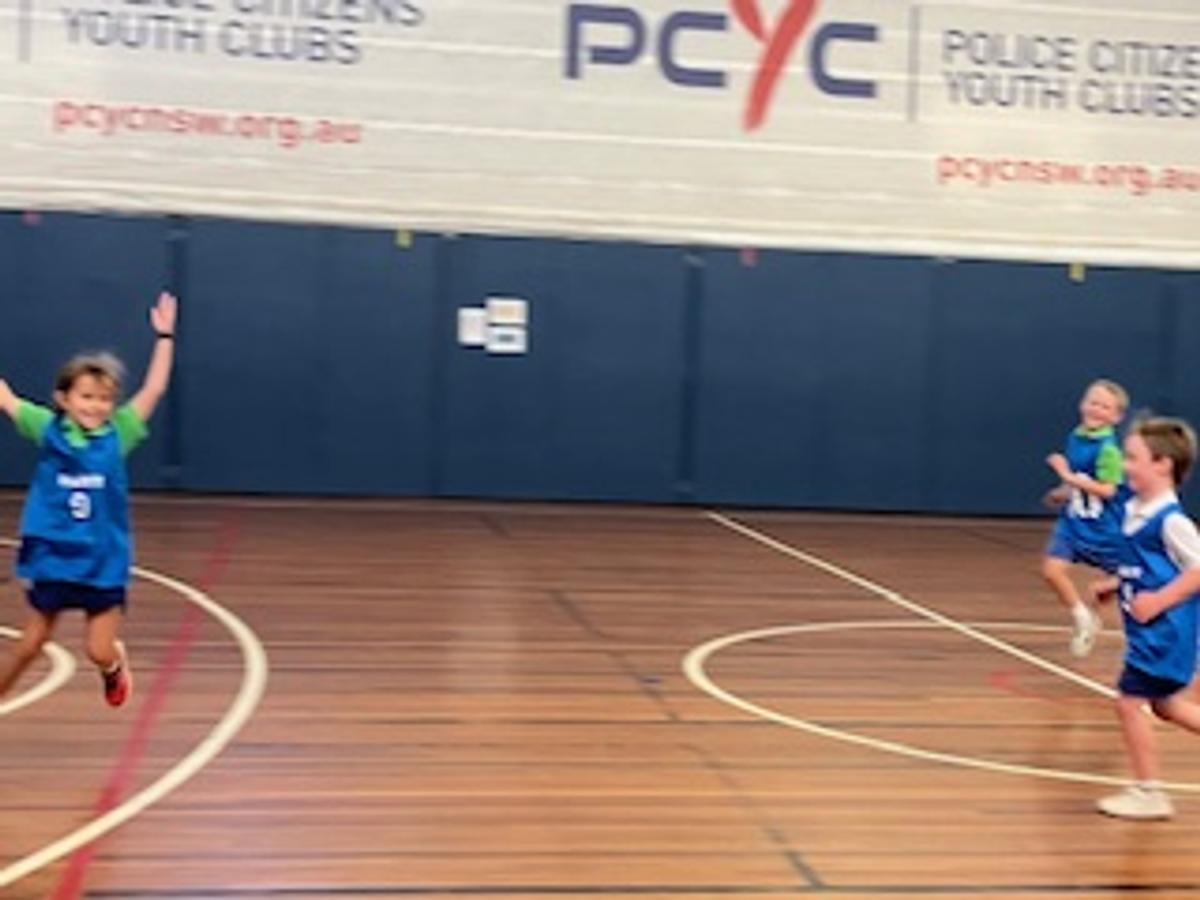
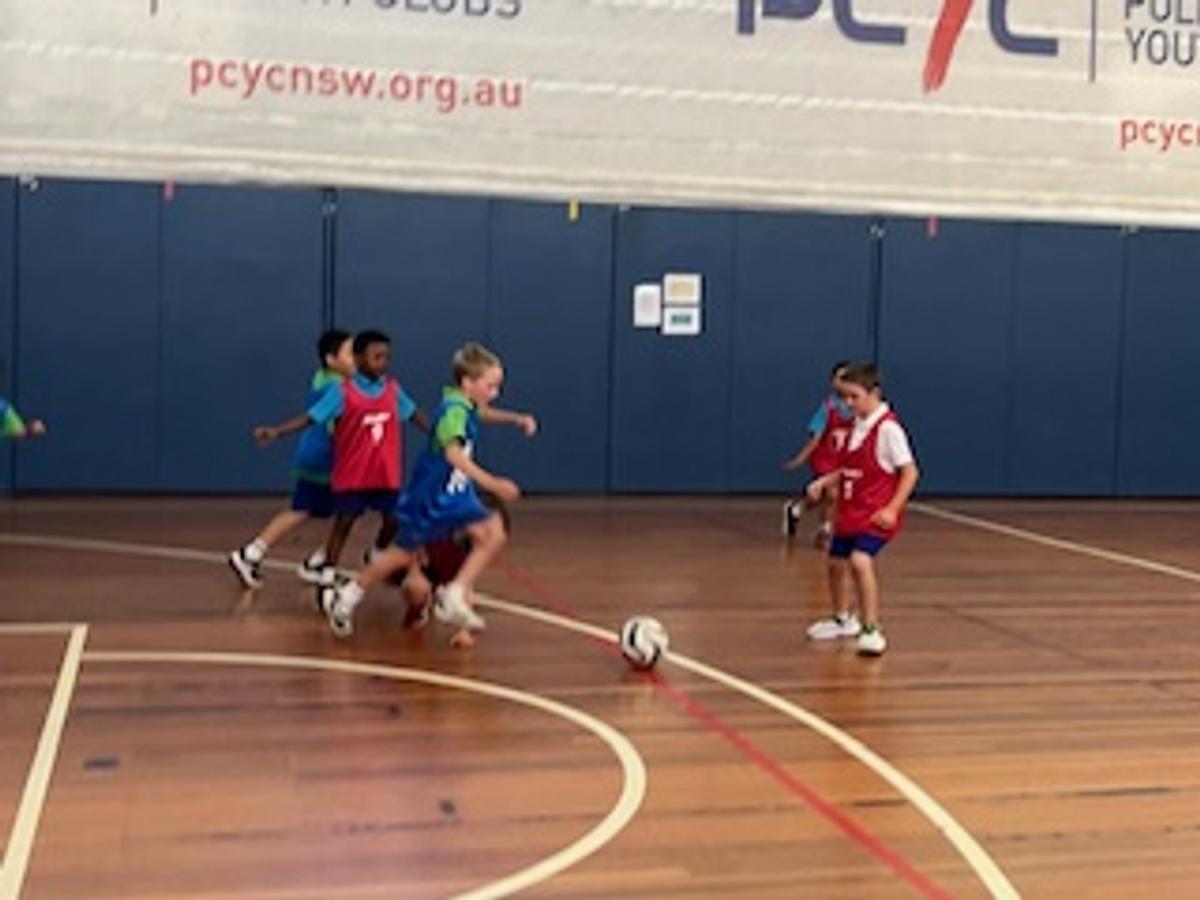










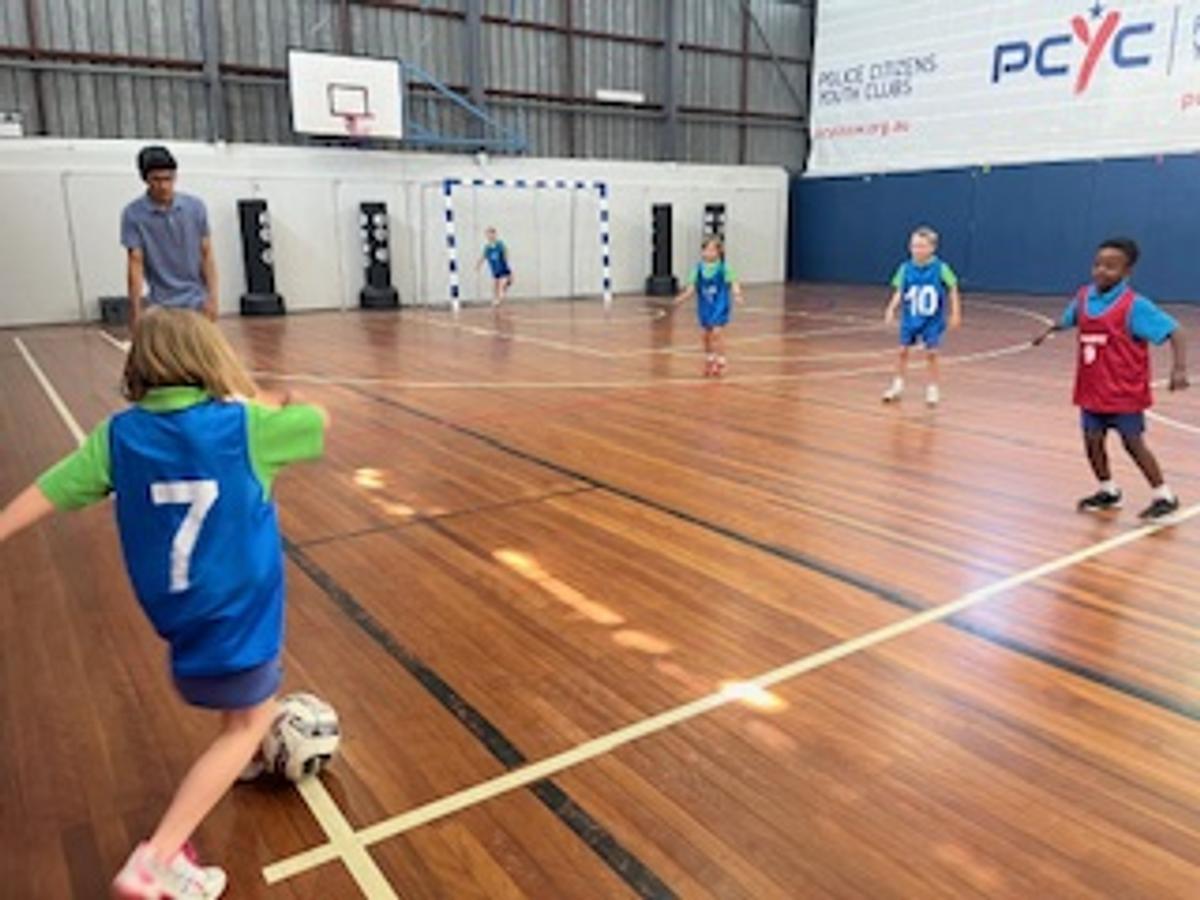

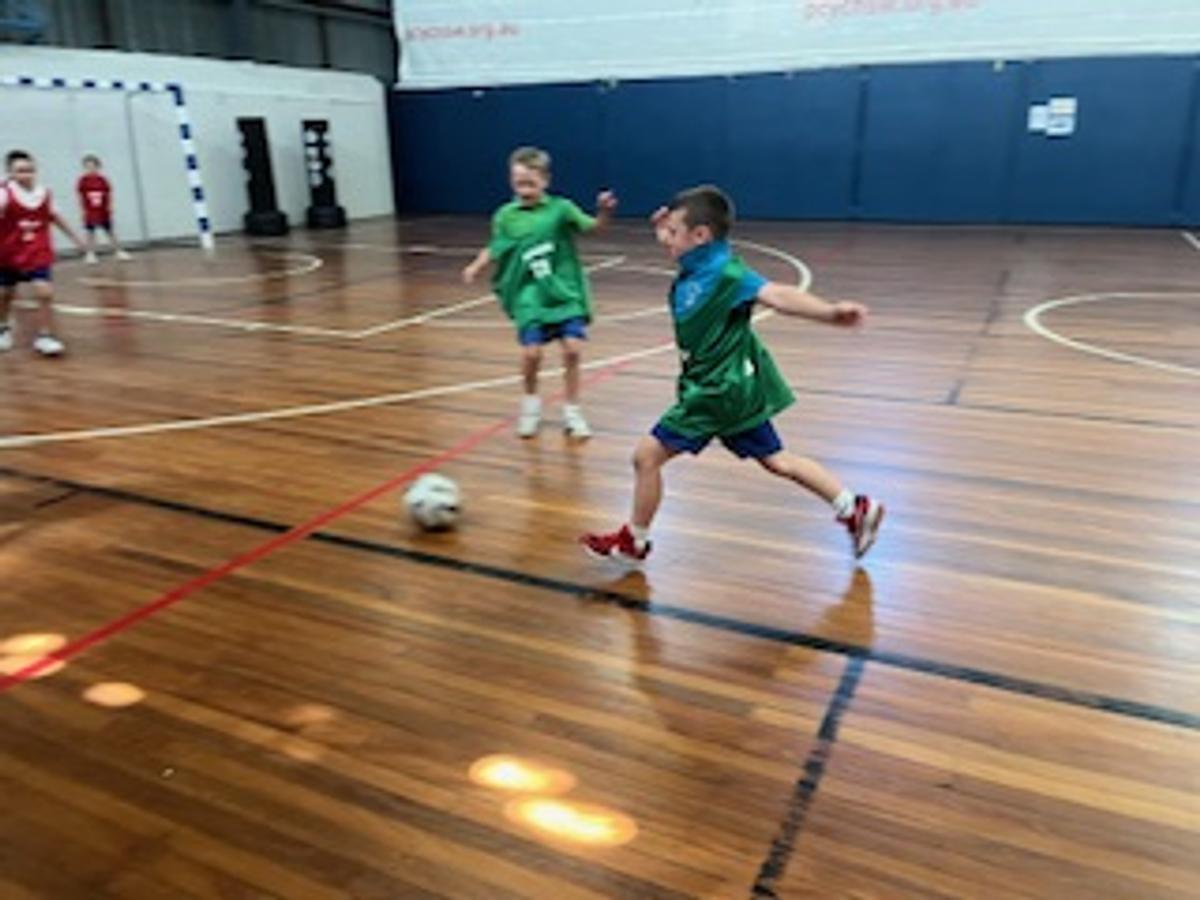
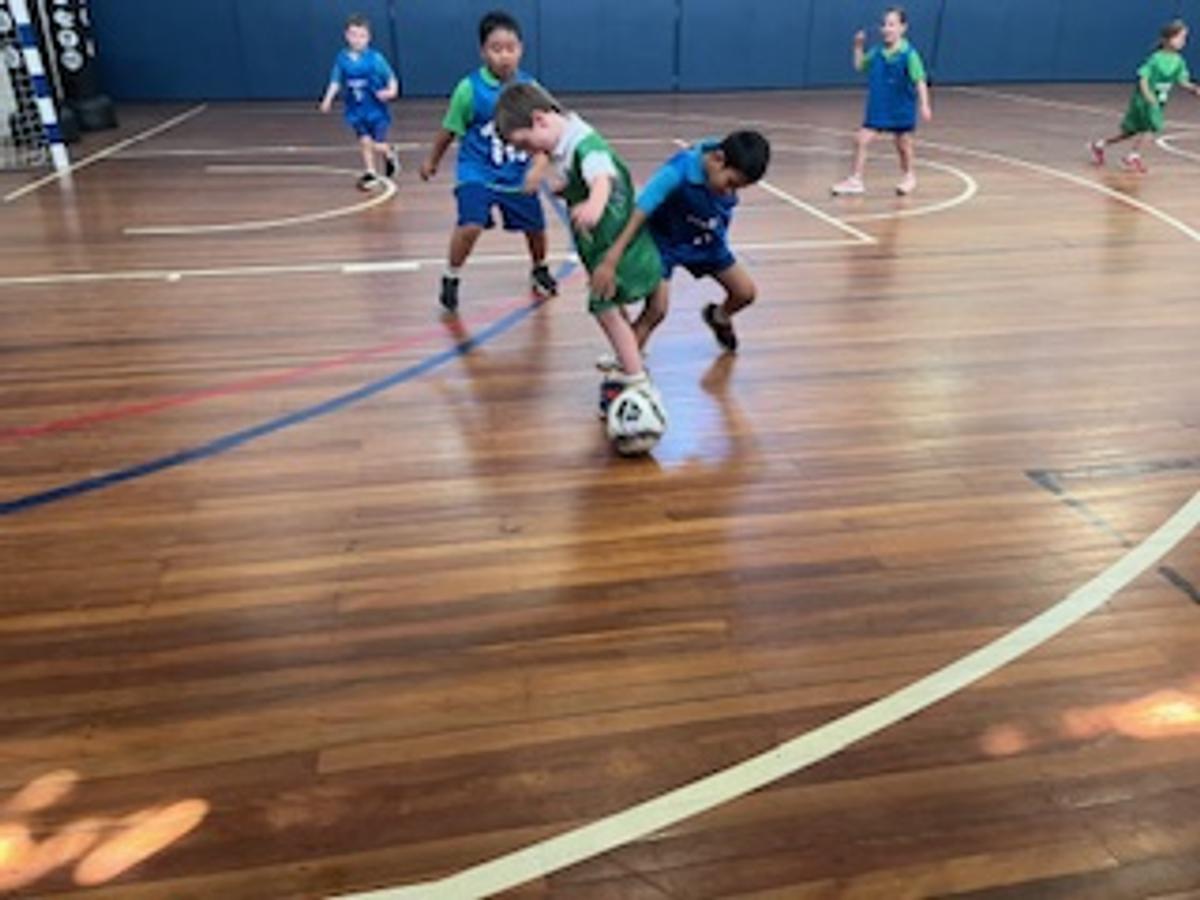
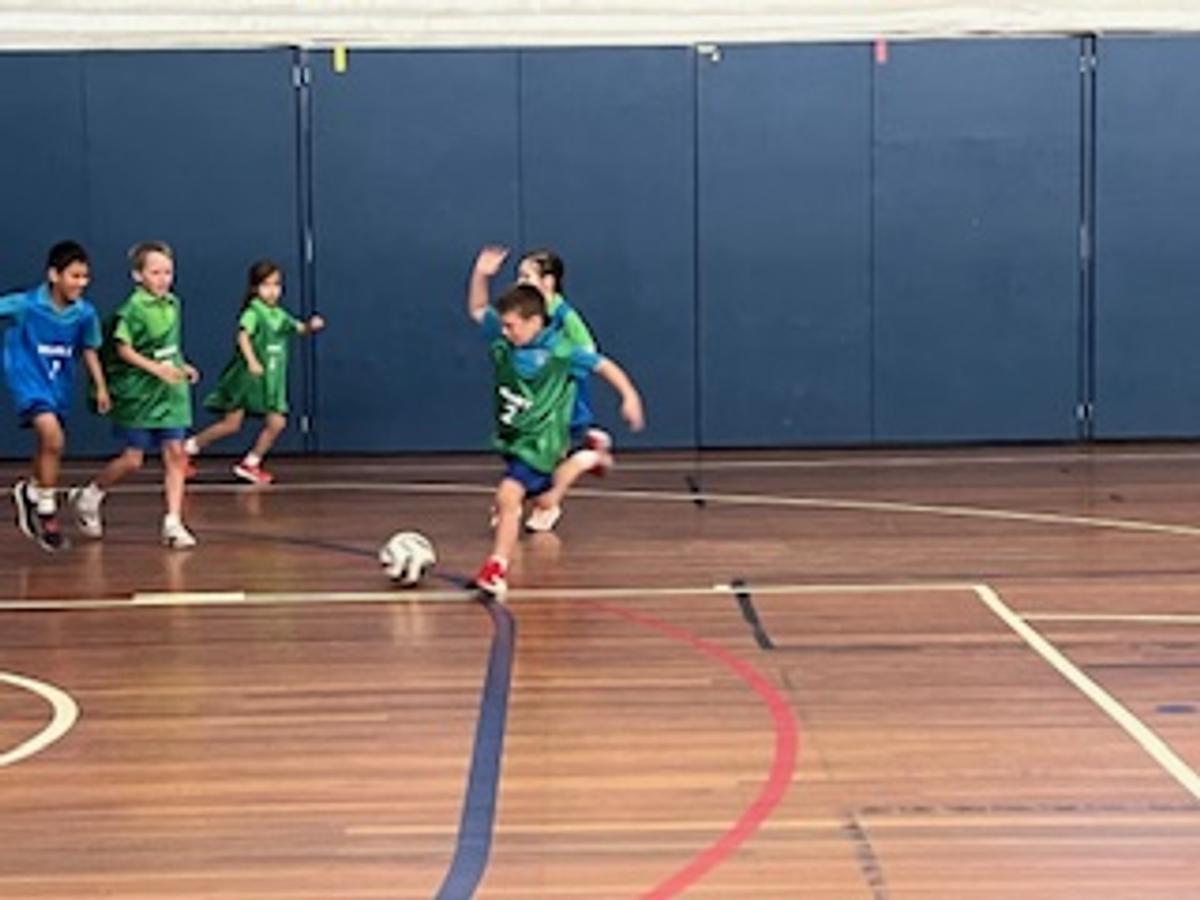







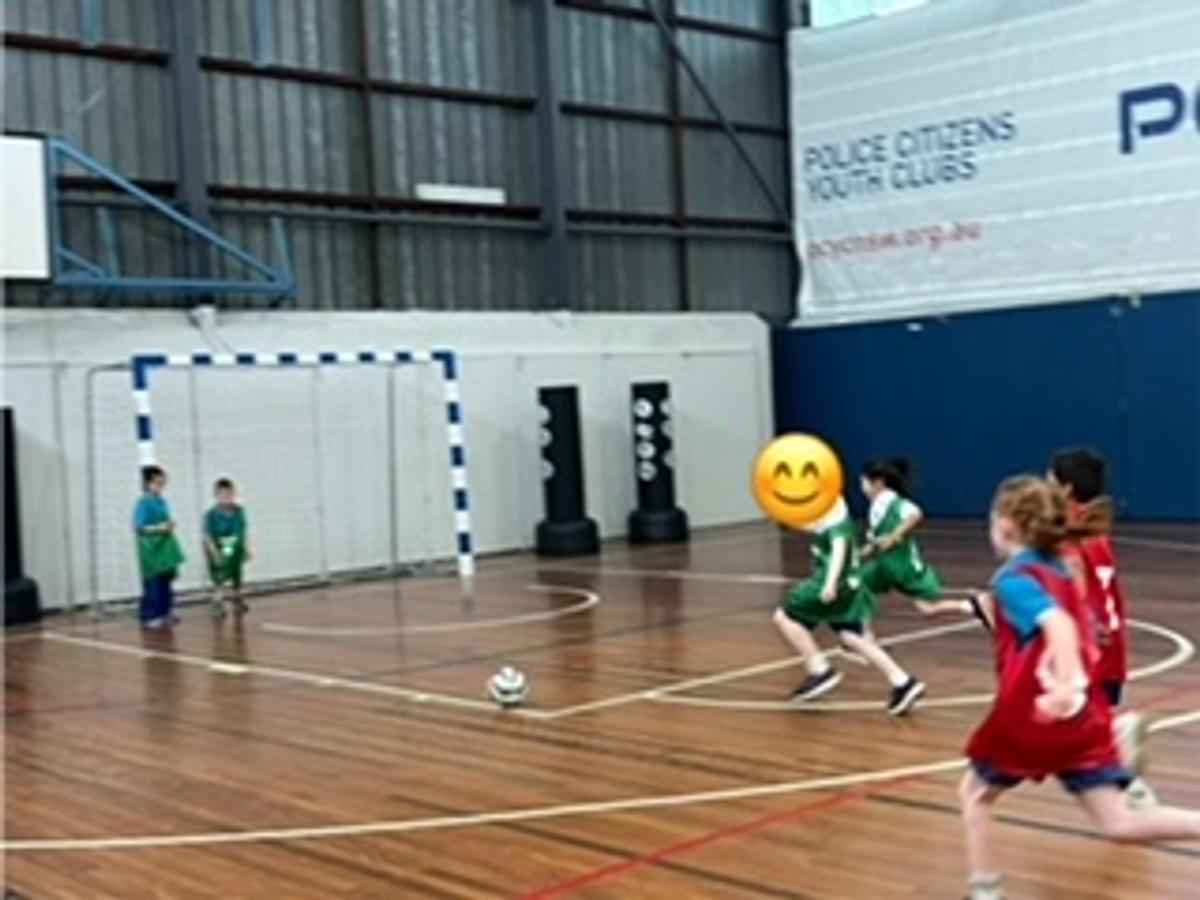


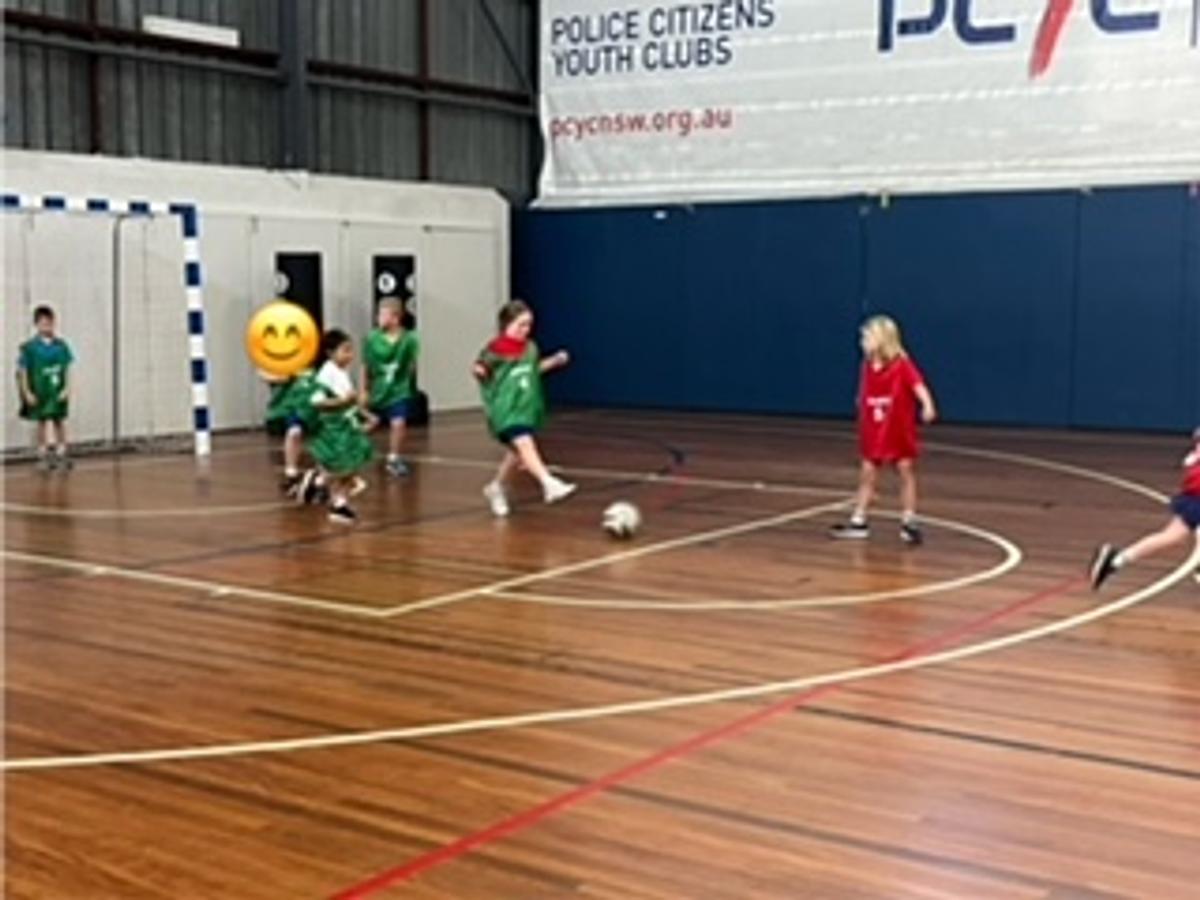
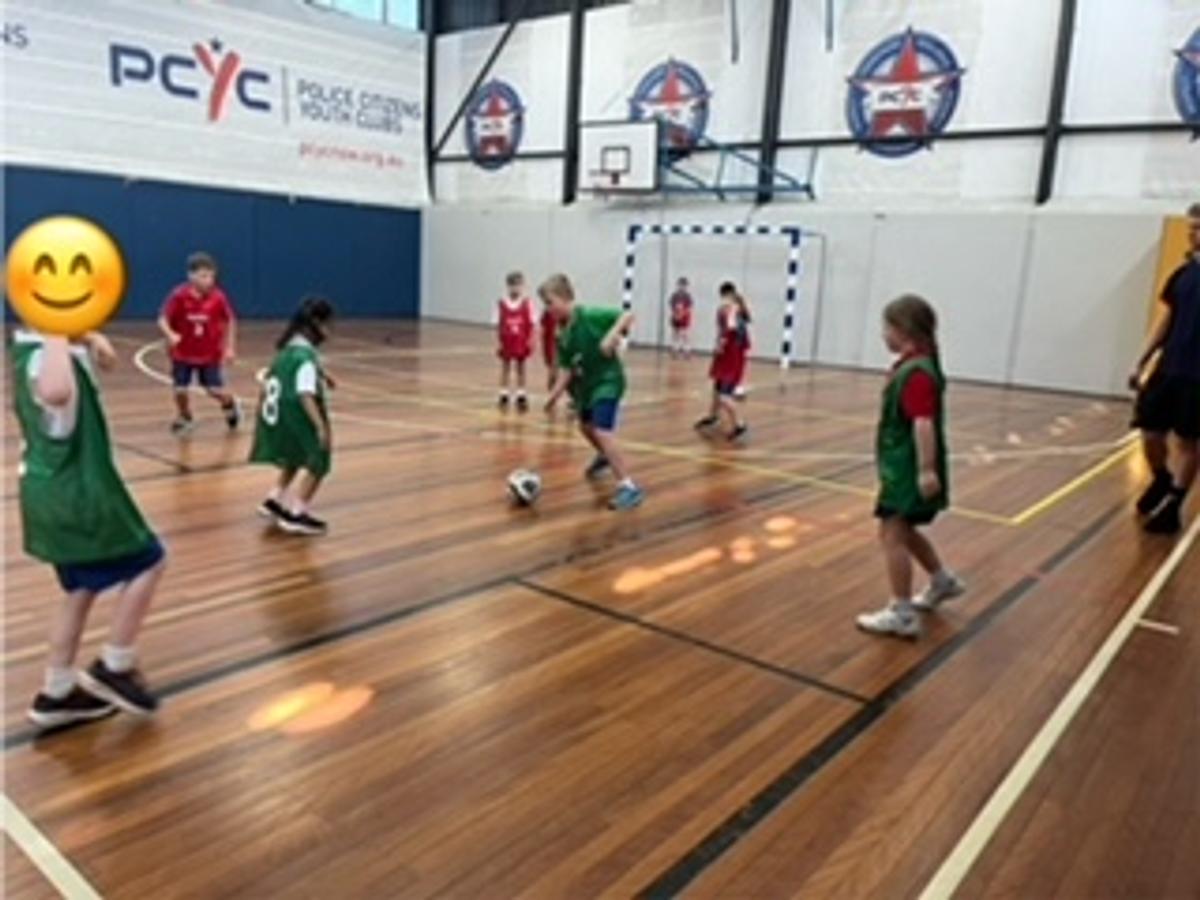

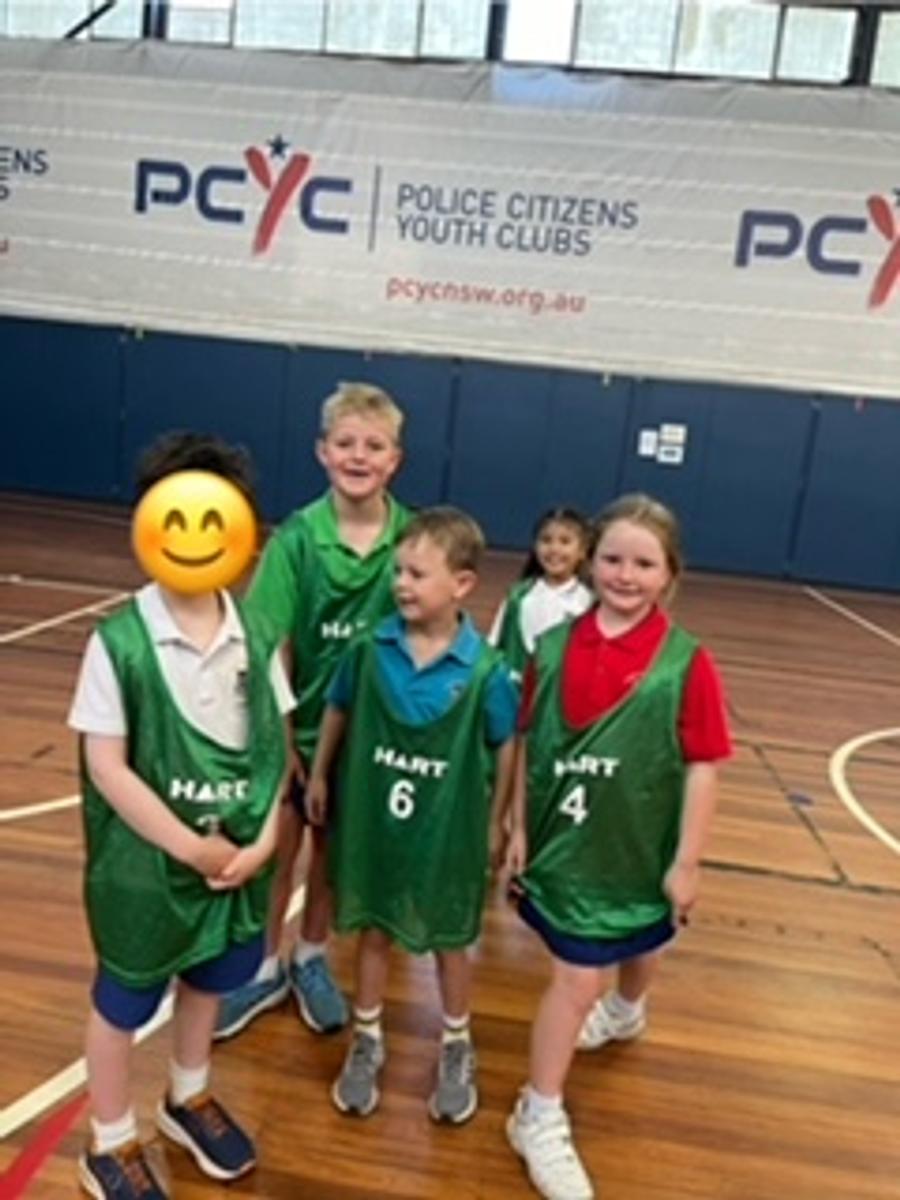







































Beach to Bush
Year 1 joined Kindergarten and Year 2 to listen to important information from lifeguards about water safety. 'Always swim between the flags'
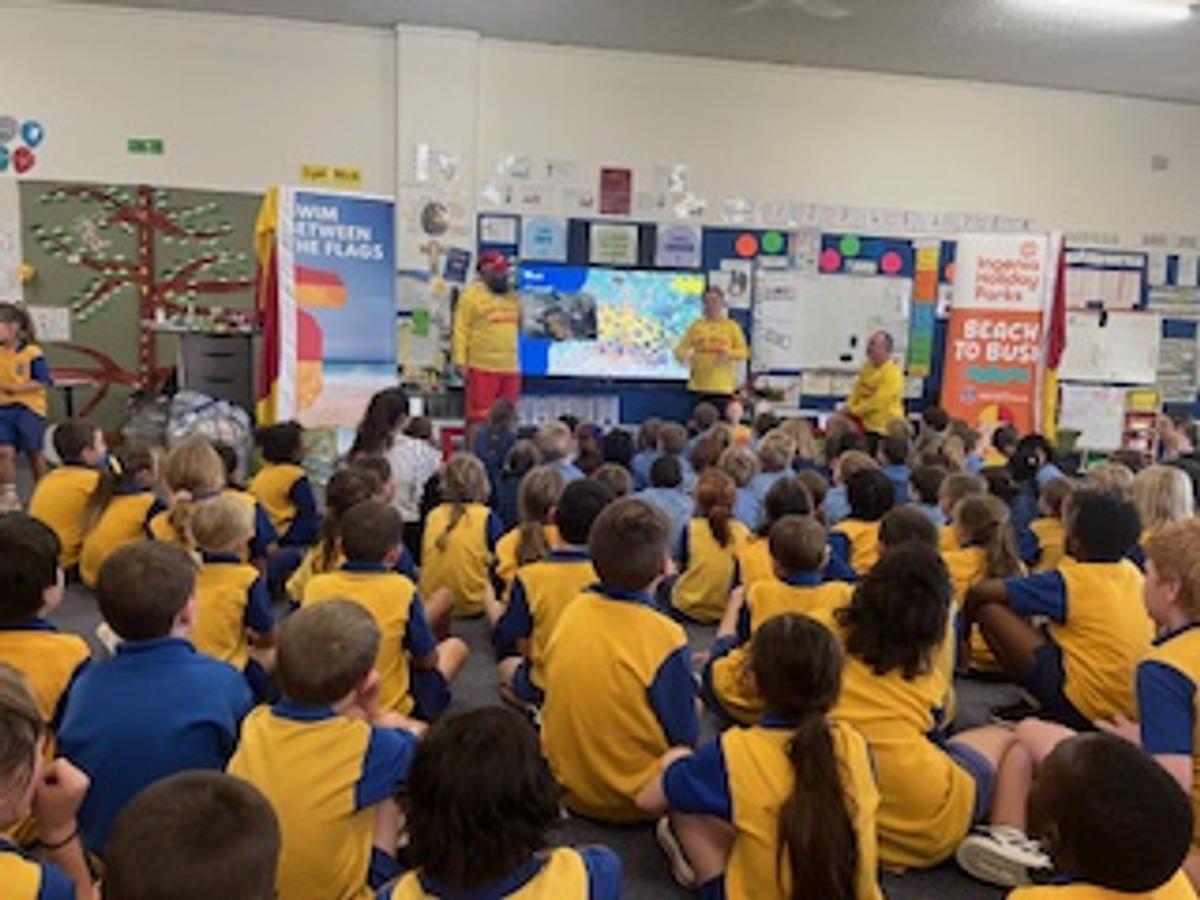


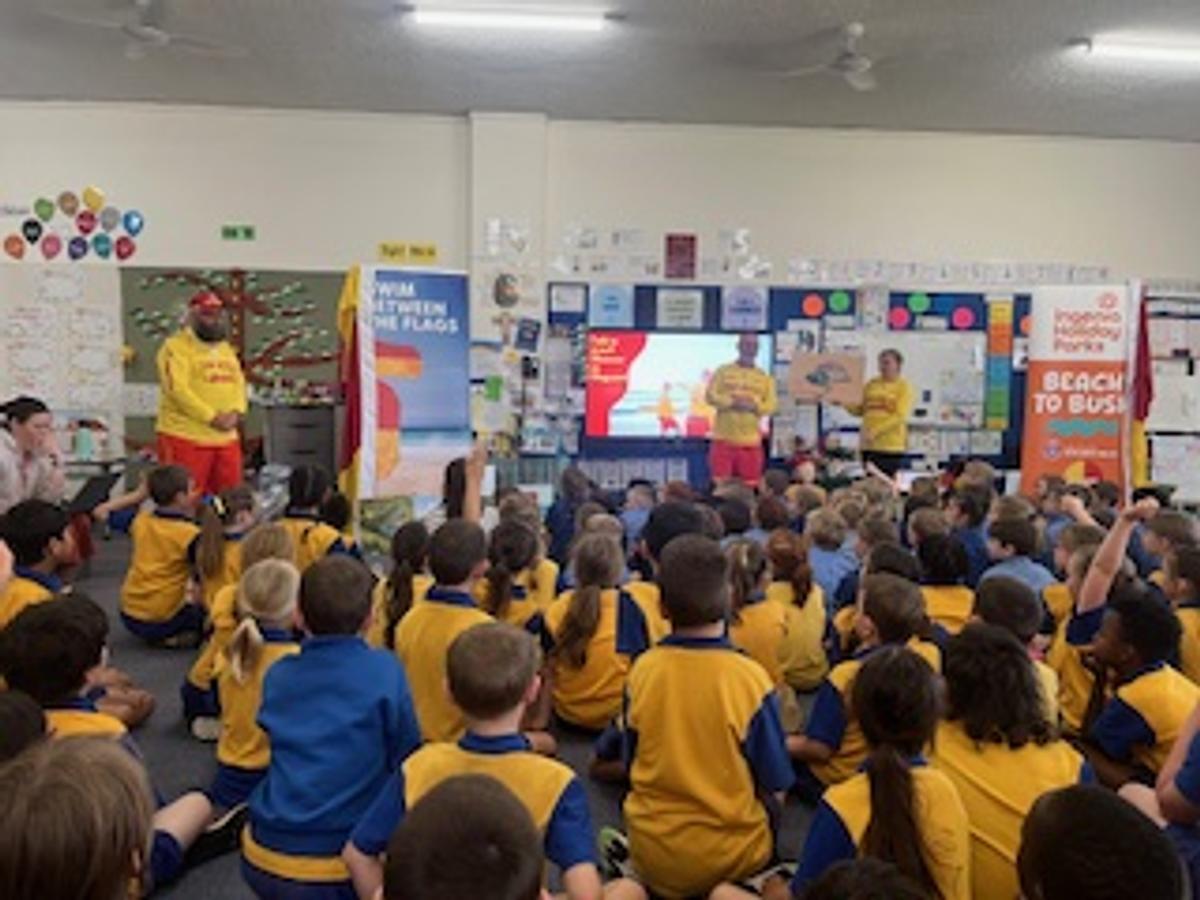






Recognition of our awesome effort and improvement.




Year 2 visited PCYC last week















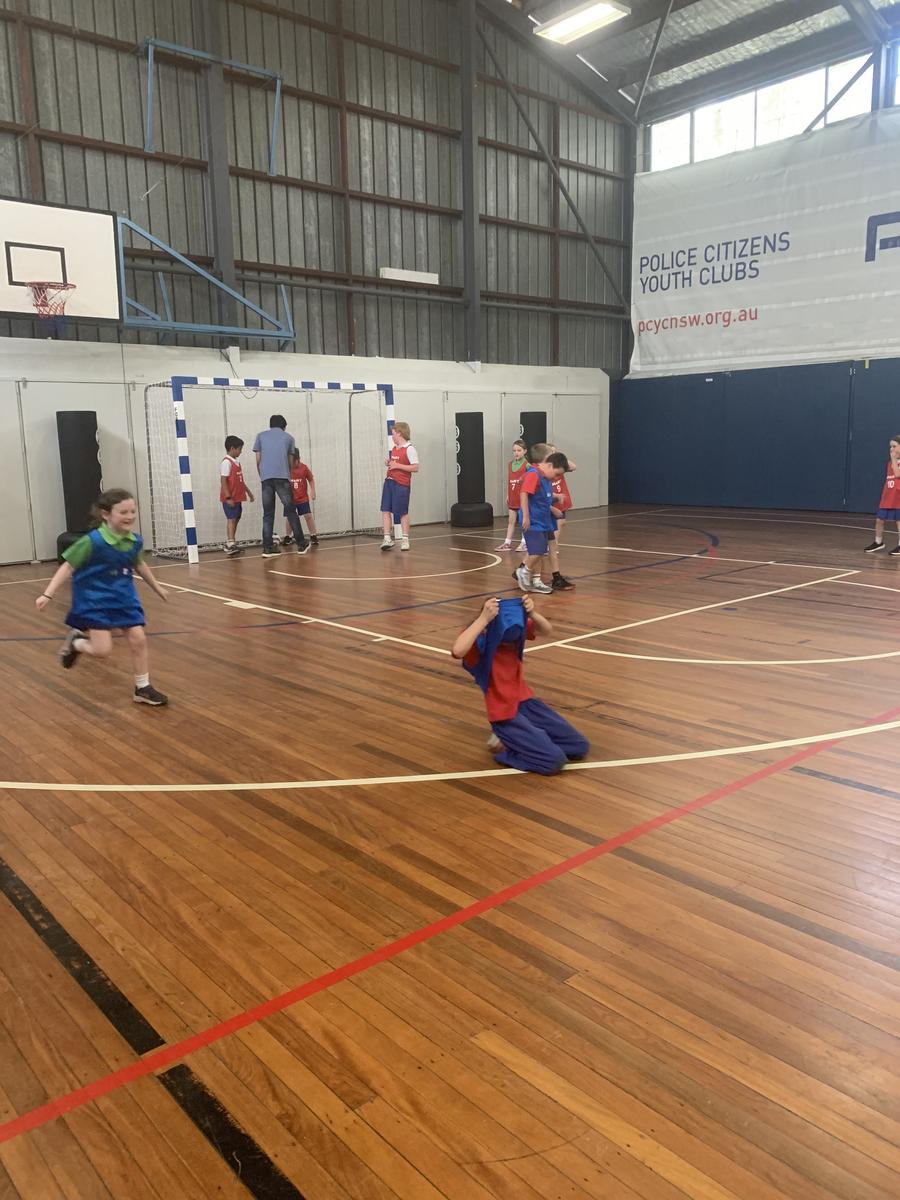


































Tips for parents: Chance and Probability appears to be a low level concept in mathematics, however it is a very complex concept and in order to learn about it, your child needs to experience chance in their everyday lives and consider all implications before making a judgement.
Engage in Everyday Chance Activities: Encourage your child to notice and discuss chance events in everyday life. For example, when playing games that involve dice, cards, or spinners, ask questions like, "What are the possible outcomes?" or "What do you think will happen if we do this 10 times?" This helps them apply their understanding of chance and probability in real-life situations, reinforcing the concepts learned in class.
Practice Predicting and Comparing: At home, you can practice simple chance experiments with your child, such as flipping a coin or drawing coloured marbles from a bag. Before each experiment, ask them to predict the outcomes and then compare the actual results with their predictions. This activity not only strengthens their understanding of probability but also helps them develop critical thinking skills as they analyse the differences between expected and actual outcomes.




During the next two weeks we will be conducting our Progressive Achievement Tests (PAT). This will involve students in Years 2 - 6 completing two assessments, specifically addressing reading comprehension and mathematical processes. Both tests are completed online and will give the teachers a progress snapshot of these learning areas.
The PAT assessments, produced by the Australian Council for Educational Research, are adaptive, which means personalised test pathways are created as determined by student responses, giving a more precise picture of individual achievement. The assessments are also diagnostic – meaning their primary purpose is to inform learning and teaching.
Teachers in their stage teams will analyse the results and identify the skills, knowledge and understanding that each student currently has and what their next steps are.
What is happening in the world of mathematics ?
Kindergarten - Forming Groups: Multiplication
Kindergarten are using objects to assist them when forming groups. Can you answer the questions below?
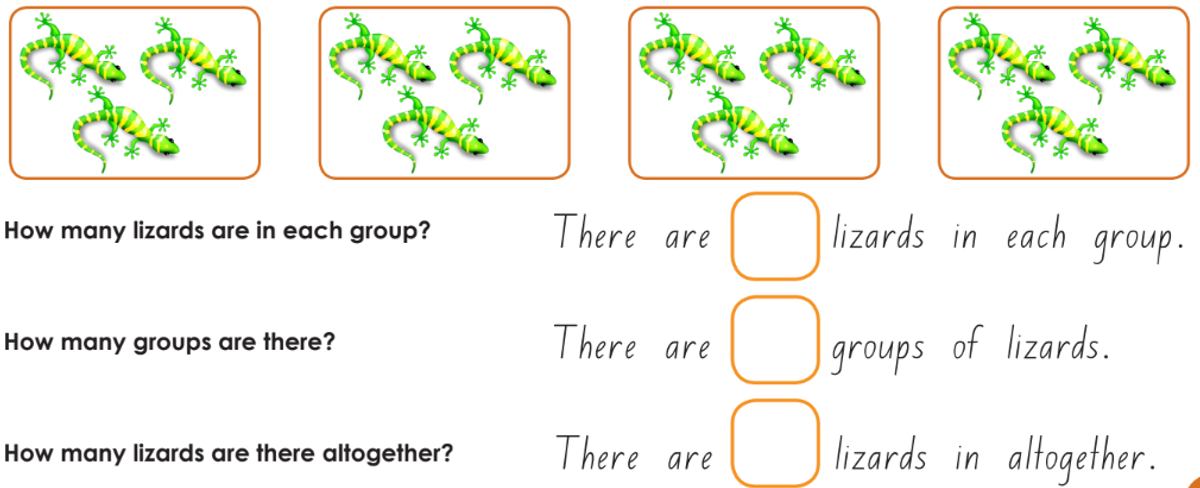

Stage 1 - Fractions
Stage 1 are busily working on Fractions.
When making sandwiches or cutting other foods, talk about how you cut them into halves. Use words such as half, even, equal, parts, quarters, four equal parts, eighths;
Involve your child in sharing with another ensuring that each person has a fair share. Both halves need to be equal.
Can you spot which group is split equally in half.
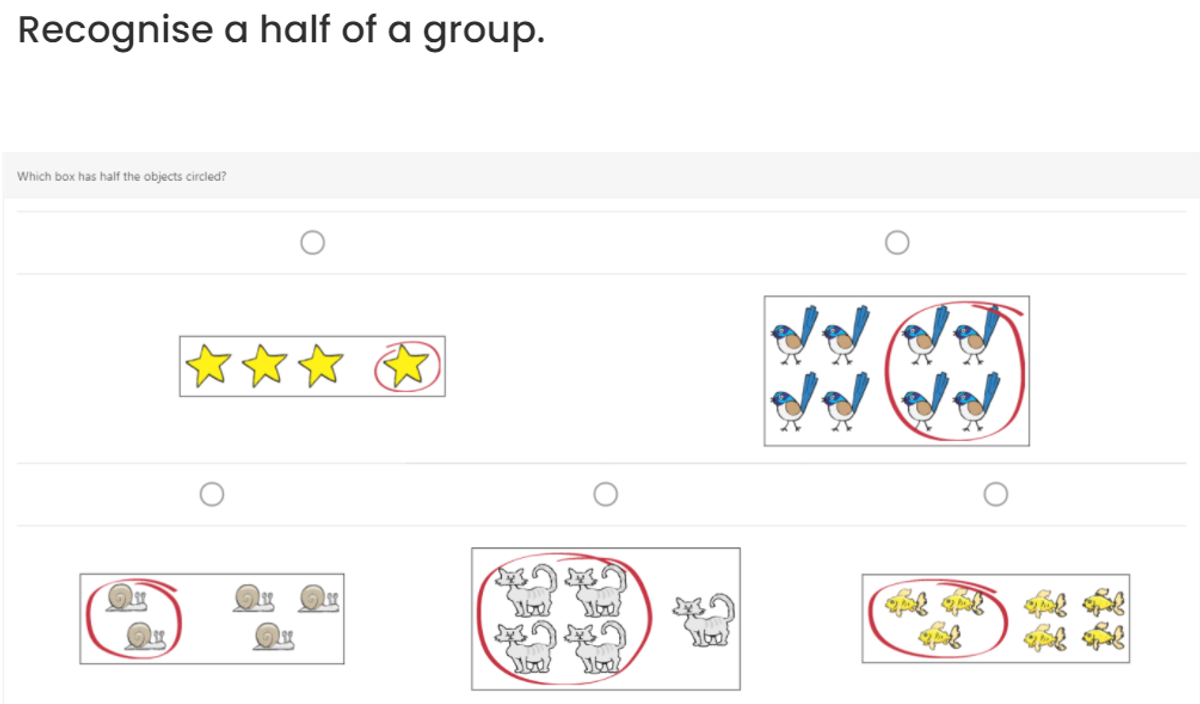

Stage 2 - Decimals
Stage 2 are busy using decimals in class. Here are some number activities below to start the term.
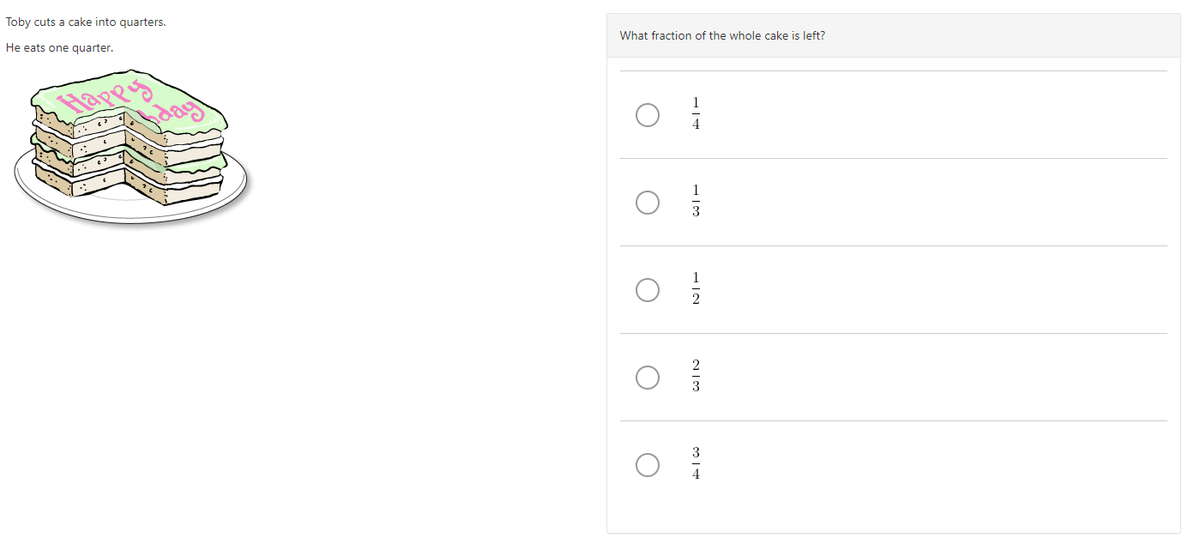



Stage 3 - 2D Shapes
Stage 3 are busy discussing 2D Shapes in class before moving onto Multiplication. Here are some number activities below to get you thinking for the term ahead.
